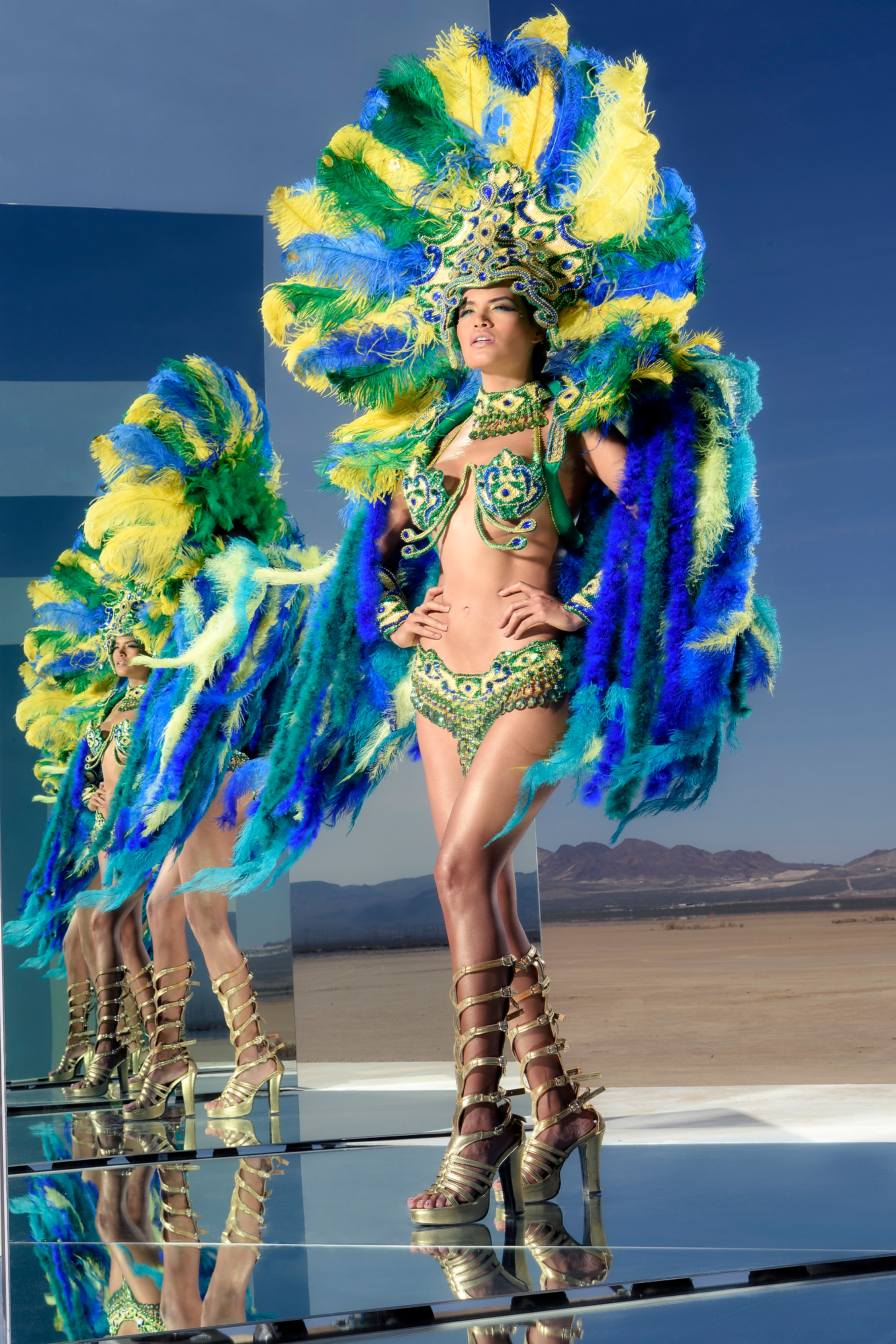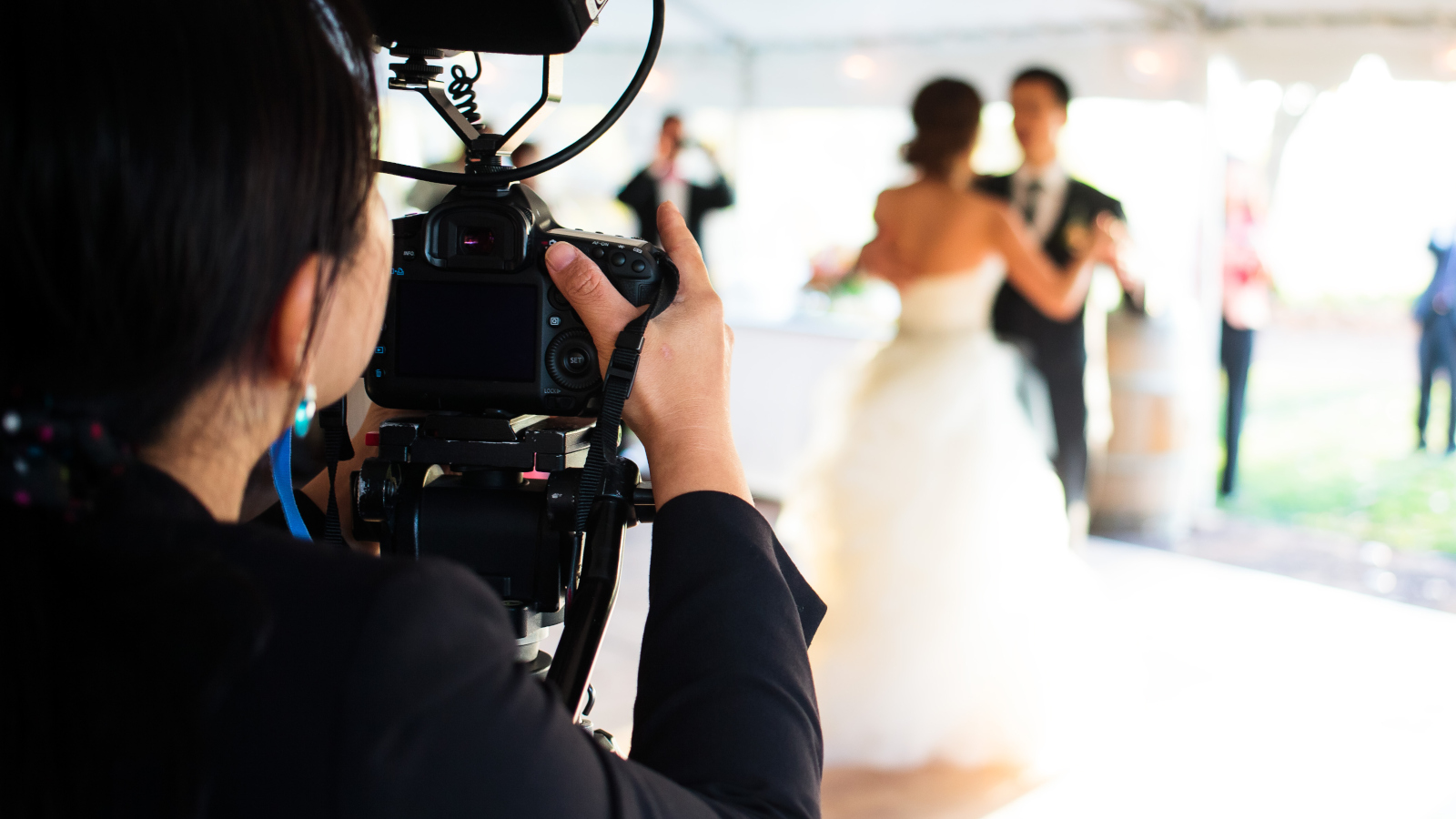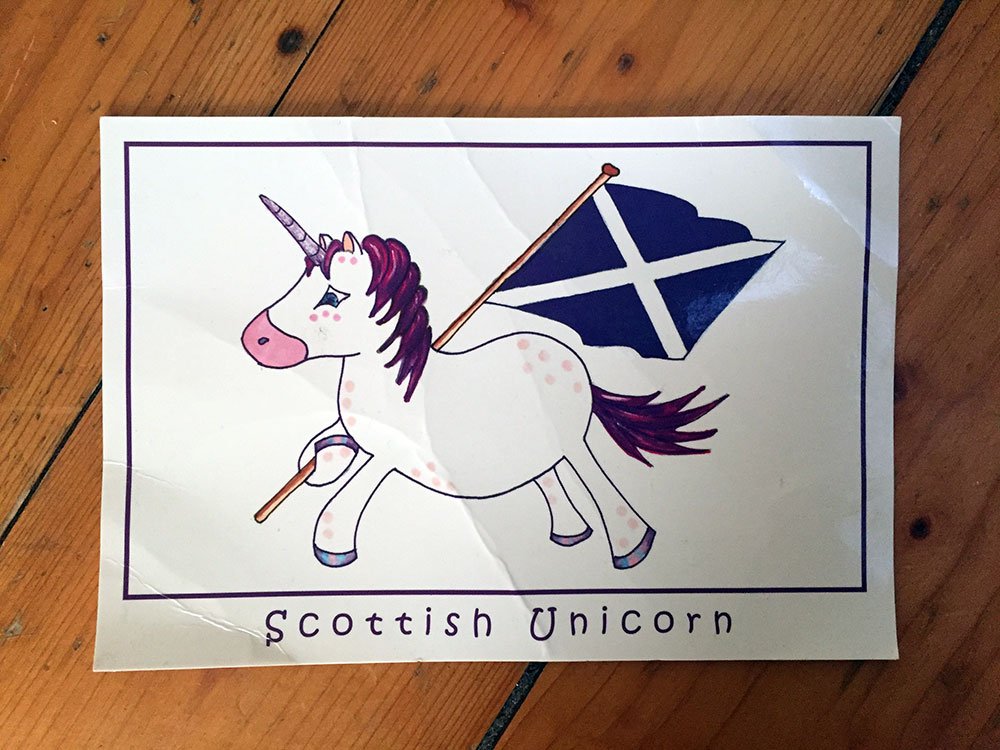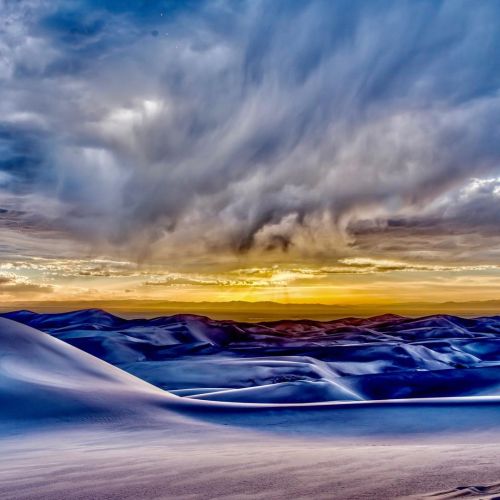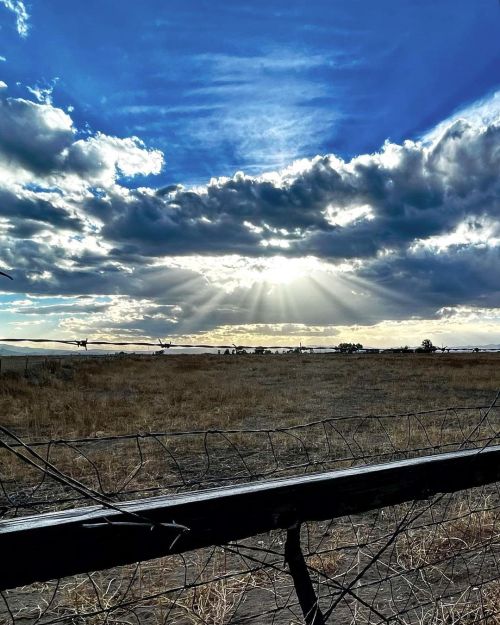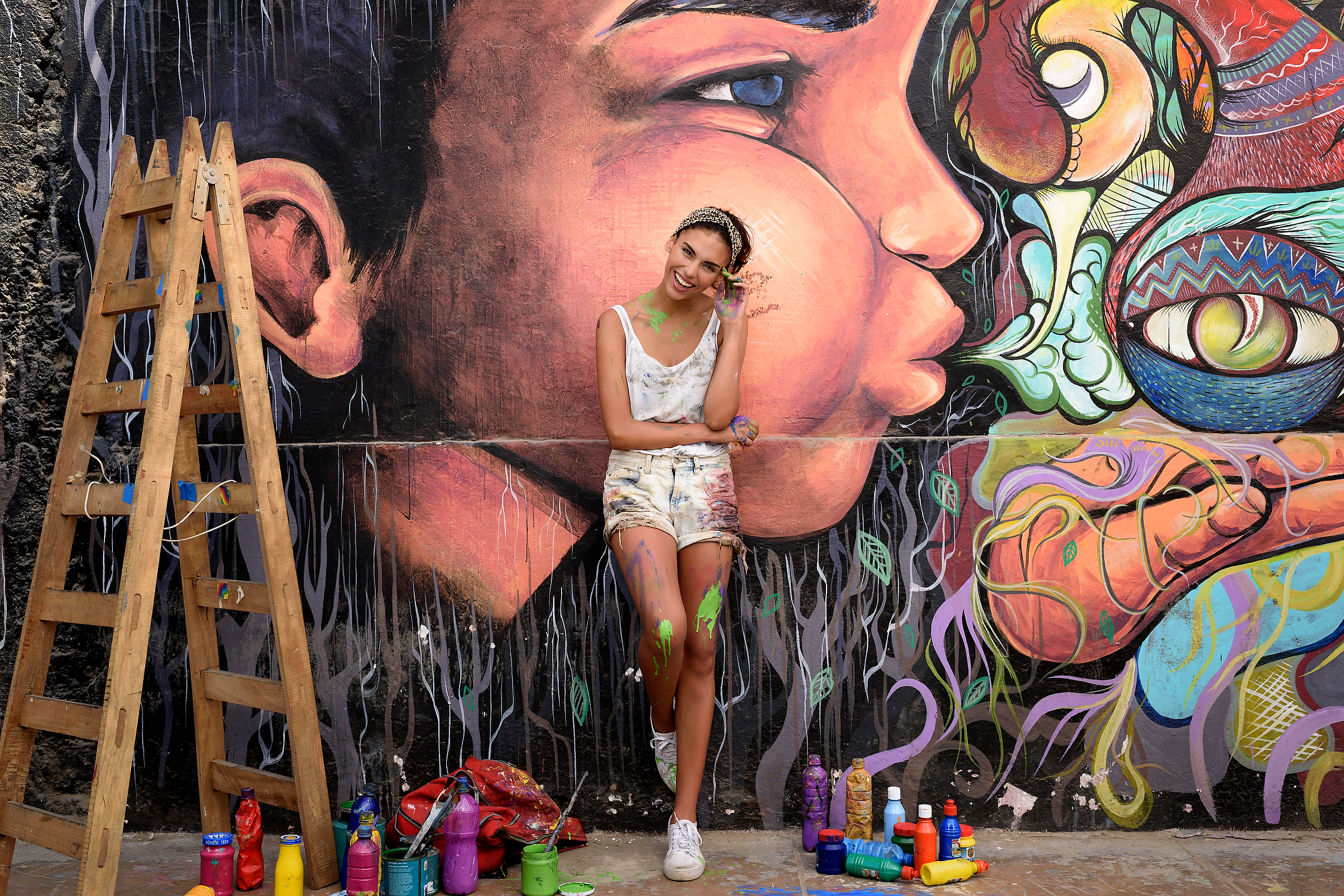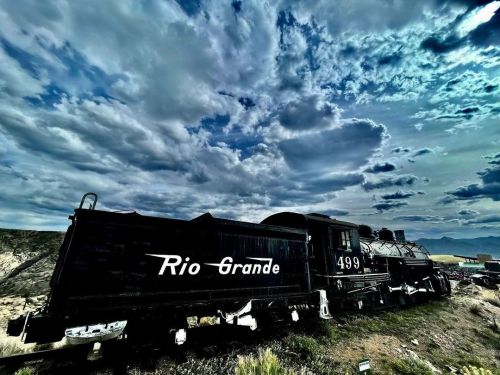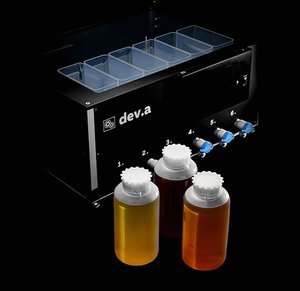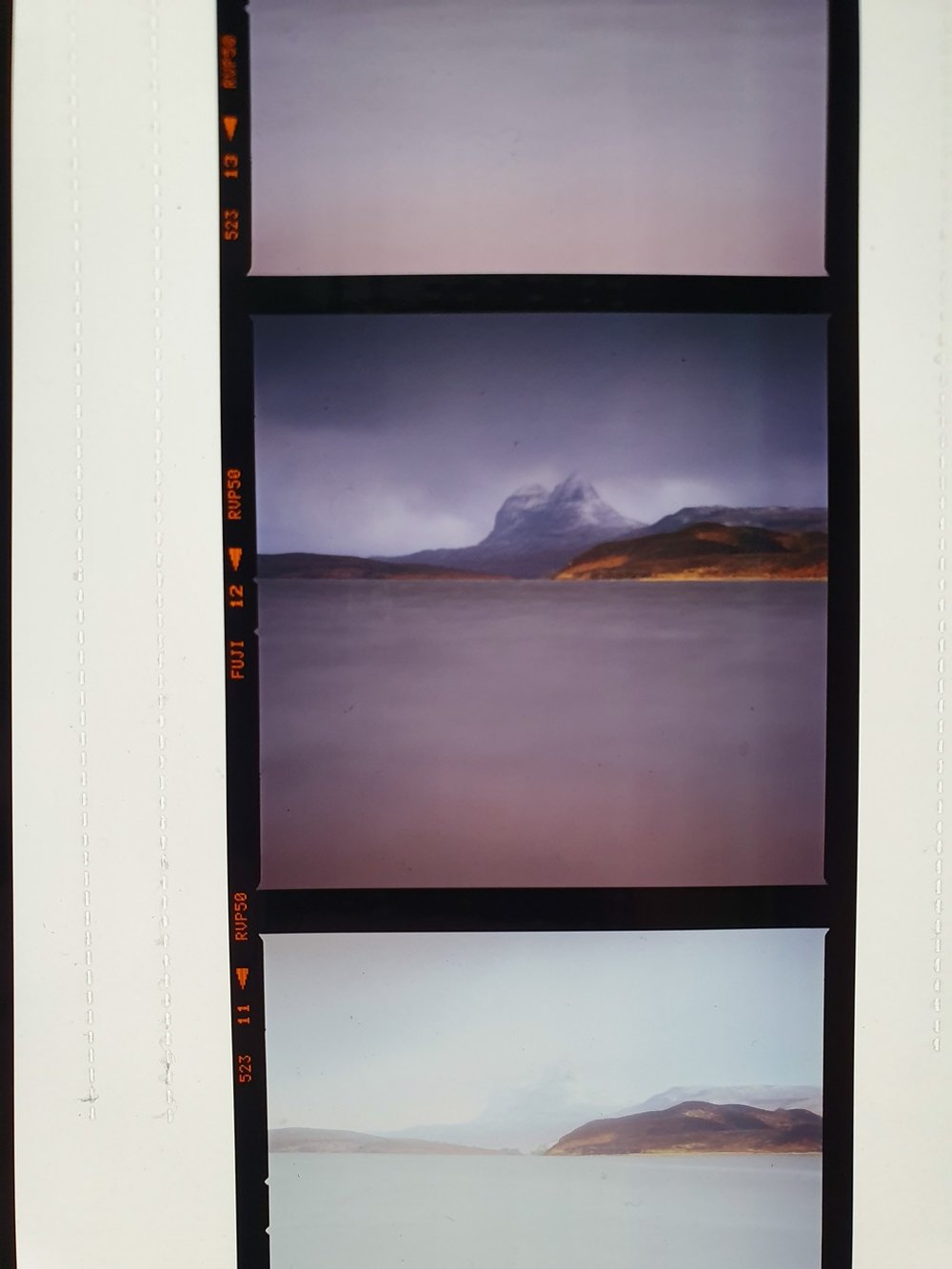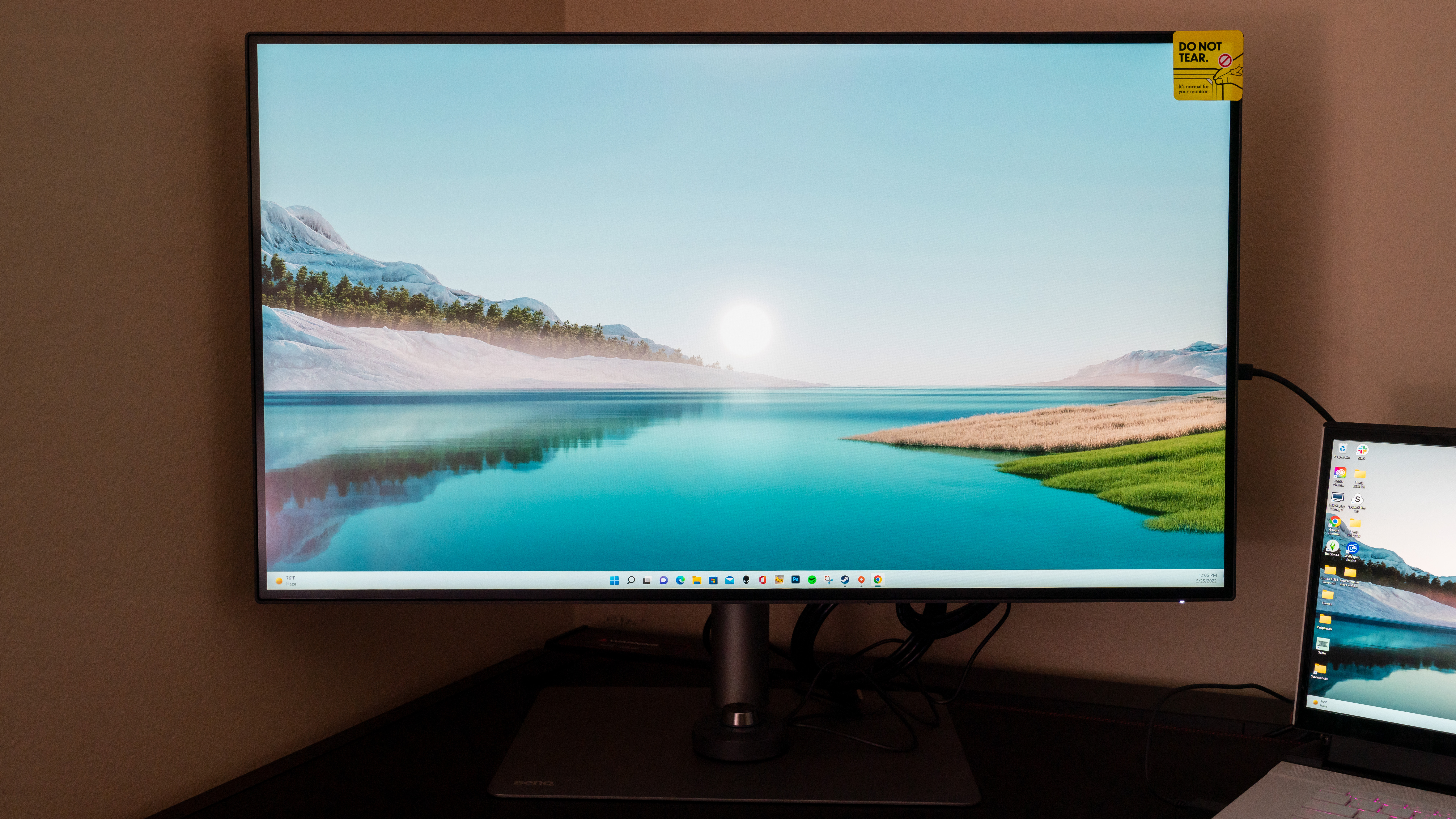Photographers
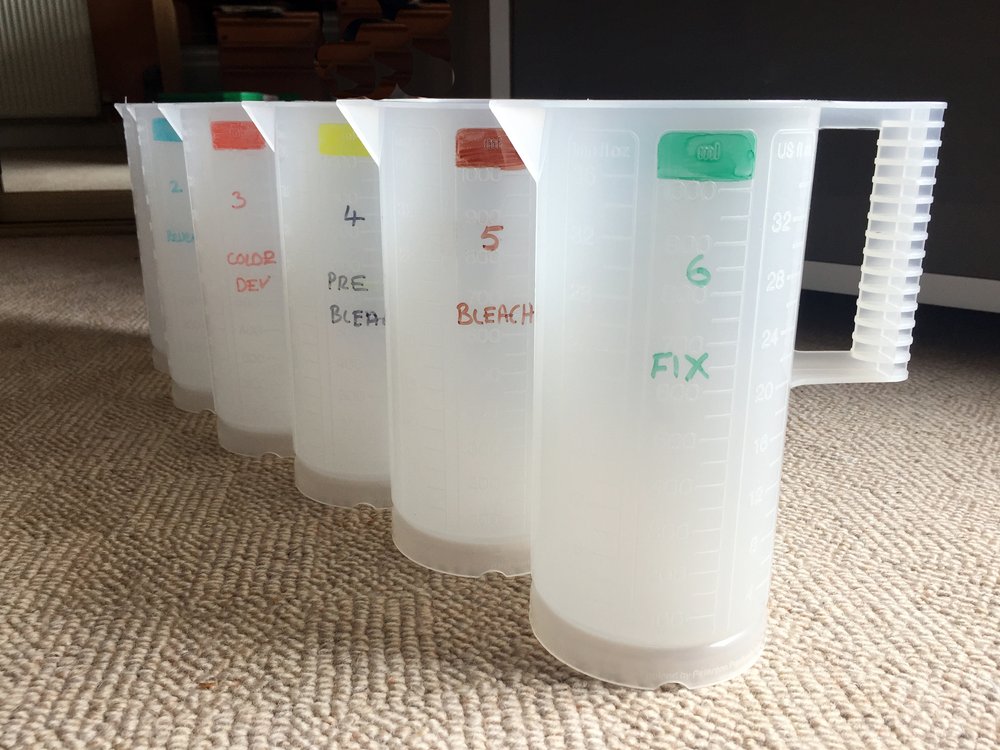
Gearing up for film processing
The Art of Adventure - Bruce PercyIf you aren’t aware, or don’t follow me so much, then you probably don’t know that I’m 100% a film shooter. All the work on my website is film.
Around eight years ago, I ran into problems getting ‘good’ film processing done. I went through a series of labs which in my view were now cutting corners due to low demand for film processing. It’s hard to keep a lab optimised if it doesn’t have a continuous throughput of film to process. It’s also hard to keep a lab optimised if you’ve been shut down for almost two years like many other businesses have.
Since this January, I’ve had most of my films damaged by the lab I had trusted for many years. I have since begun to look into developing my own films in future, and last month I offered a set of prints on my site to help fund my processing lab.

You might be thinking ‘good luck with that Bruce, as I can imagine developing your own film will be very hard’. I can understand this. But I think most things are really about putting up with a learning curve. When I first decided I was going to try to learn to print my work myself, I put out some feelers on my blog to say ‘where do I start?’. There is just so much information out there, and most of it is not very good, or at best, contradictory in nature.
I had felt overwhelmed about learning to print myself, and I must admit that the same has been true about learning to process my own films. Since learning how to print though, it has given me a lot of freedom and confidence in what I’m doing. I trust my editing more as I know that my printing process shows up deficiencies in my work.
I know that being able to process my own films will be a hugely positive step forward. More control to myself. Besides, no one is as invested in your photography as you are. So best to do your processing yourself.
So last week I went round to visit my good friend Kyriakos Kalorkoti, to go through the E6 process with him again (he kindly showed me the process several years ago). We just used a small Jobo manual processor.
Manual processors are exactly as the name suggests - entirely manual. You have to take care of each step of the process (there are six processes in E6), with a water wash between each step, so there is in my view, chance of forgetting where you are, or missing out or even repeating a step.
This is why I bought an automatic film processor. It ‘kind of’ removes a lot of the manual stuff, but you still have to keep track of things, and you also need to ensure that you don’t contaminate the chemicals. Hence why you see I have six 1Ltr jugs in the picture above. Each of them for their own chemicals, so that I am not reusing one jug for a different chemical.
The film processor is a build to order item. I’ve been told there is a two or three month lead time on them. I now have a backlog of work from Brazil, Argentina and Scotland. Quite a lot of new Scottish images that I am keen to work on, as it has been a very long time since I really photographed my homeland properly.
So most of the items for the processing have been bought. I’ve run through the process a few times, but I also appreciate and realise that there are going to be growing pains. Building up experience in this. Being methodical, and consistent is key. Which is fine, because that is how I like to work when I am out shooting. I often have everything in my camera bag in the same place as I have learned that muscle memory is important.
As a keen piano player, when you are learning a new piece of music, if you learn the wrong note, it’s hard to unlearn it. Your fingers will keep going to the wrong place. And similarly, when you do learn something correctly, your fingers tend to always go to where they need to go next, without you really thinking about it.
Method is key in many aspects of landscape photography. For me, I have a process while I’m out in the field, as I do when I scan and print my own work. I am expecting that film development will be a further addition.
I will be writing further posts about my film processing experiences.
— post amble
You may be asking ‘why is he remaining with film, if processing is becoming more difficult?’ And perhaps additionally ‘why is he sticking with film when it must be getting more and more expensive?’. Lastly, you may also be wondering ‘surely film is dead-end? He will have to move to digital at some point?’.
For me, I find there is an inherent difference in look between film and digital. They are like apples and oranges and in my view should not be assumed as a replacement for the other. Choose what you like to work with because you like the process, or you like the look, or both. For me, I’m an oldie now. I’ve been using film for over 30 years now, and I am really comfortable with it. I also like how it responds, and I have also found I cannot get the same ‘look’ I want when I have tried digital. They are just different. Not better or worse, just different. But for me, I feel there is something in my work that is lost when I change medium. I’d like to keep running with the look I have at the moment, for as long as I can. However long that may be.
Then there is the subject of cost. To me, cost never comes into the equation if you really like something. What cost tells me is where people’s priorities or boundaries lie. Some may balk at spending £10 on an eBook, but will think nothing of a £3 coffee. £100 on a night out somewhere, but won’t spend £100 on a piece of art. It’s a matter of priorities and when someone tells me ‘I’d like to try film but it’s expensive’, they’re really telling me that it isn’t such a high priority for them. We all divvy up what we’re prepared to spend on things. I hate getting my car serviced and will come home upset at a £500 bill, but will think a lens on eBay for £1800 is a bargain…. All hobbies and passions have no upper limit to what someone can spend. As I say : cost never comes into it if you are passionate about it, which is where I am with film.
Lastly, film sales reached an all-time-low in 2009. Since then they have been rising each year. I have seen this mirrored in my workshop participants. Back in 2009 I was lucky to meet one film photographer every 12 months. Now I find about a third of my participants are hybrid shooters (they shoot film and digital, and probably have a black and white dark room at home). In my view, the digital honeymoon is now over (for many years I was continually asked if I’d made the jump to digital), and folks have realised there are other processes out there that are just as rewarding and sufficiently different to make them worth investigating. We live in a time where we have many options available to us. So many ways of making our work look different. It’s all rather encouraging and good :-)



